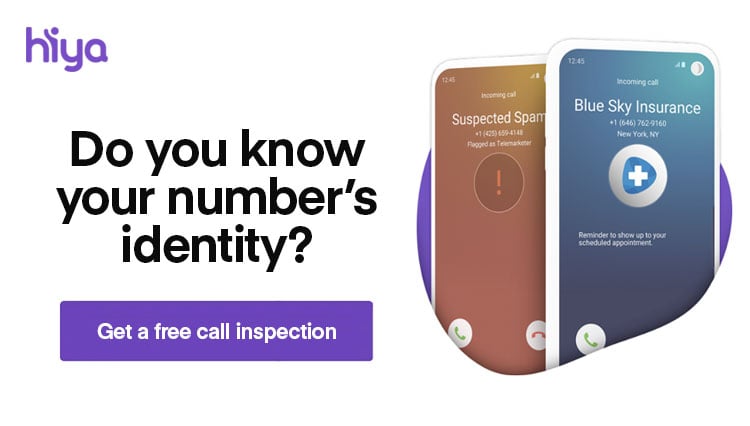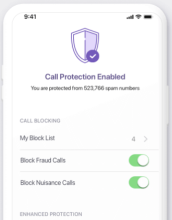As much as I hate to admit it, newspapers are a dying breed. However, thanks to a number of individuals who still like the feeling of reading a hard copy newspaper or the fresh smell of newsprint in the morning (thanks, Mom and Dad!), there’s still a big enough audience to keep those printers going. This also means there’s still incentive to keep scammers going as well.
Unfortunately, with subscriptions comes renewals, and with renewals comes a gateway for scammers to target their next victim. Scammers will cold-call newspaper subscribers and claim that their subscription is close to expiring. Then, they will push subscribers to renew their subscription and pay immediately over the phone. As legitimate as they may sound, these so-called agents have no relation to actual newspaper publishers or their billing department. All they want is your personal or financial information so they can steal your identity and/or money.
“Several leading publishers have recently been hit in this scam, which aims to get you to make payments directly to the outside company, not to the publication itself, as is usually requested with legitimate subscriptions. Once that’s done, the expected magazines and newspapers don’t arrive and upon contacting the publishers, you learn it was all a scam. Meanwhile, phone calls and emails to the billing bilkers requesting a refund are ignored,” reported AARP.
However, here’s a few tips from the FTC to help you from becoming the next victim of the newspaper renewal scam:
- Pay online at the newspaper’s website, or contact the paper’s subscription department by phone. Use the number printed on your paper or in an online statement or previous bill that you know is real.
- Sign up for auto-renewal and payment, so you don’t have to rely on renewal notices sent by postal mail.
- Be aware of changes to your bill. If the price or billing period changes, get in touch with the paper using a phone number or address you know is real. In some cases, the price on fake invoices has been four times higher than usual, and the subscription period has been a year, instead of monthly or quarterly.
- If you suspect an invoice might not be real, verify it with your newspaper’s subscription department. If the invoice comes from a company you haven’t heard of, or if it has errors and misspellings, those could be tip-offs to a rip-off.
If you think you’ve spotted a newspaper renewal scam, report it to your paper’s subscription or customer service department, your state Attorney General’s Office, local consumer protection agency, or the Federal Trade Commission.












